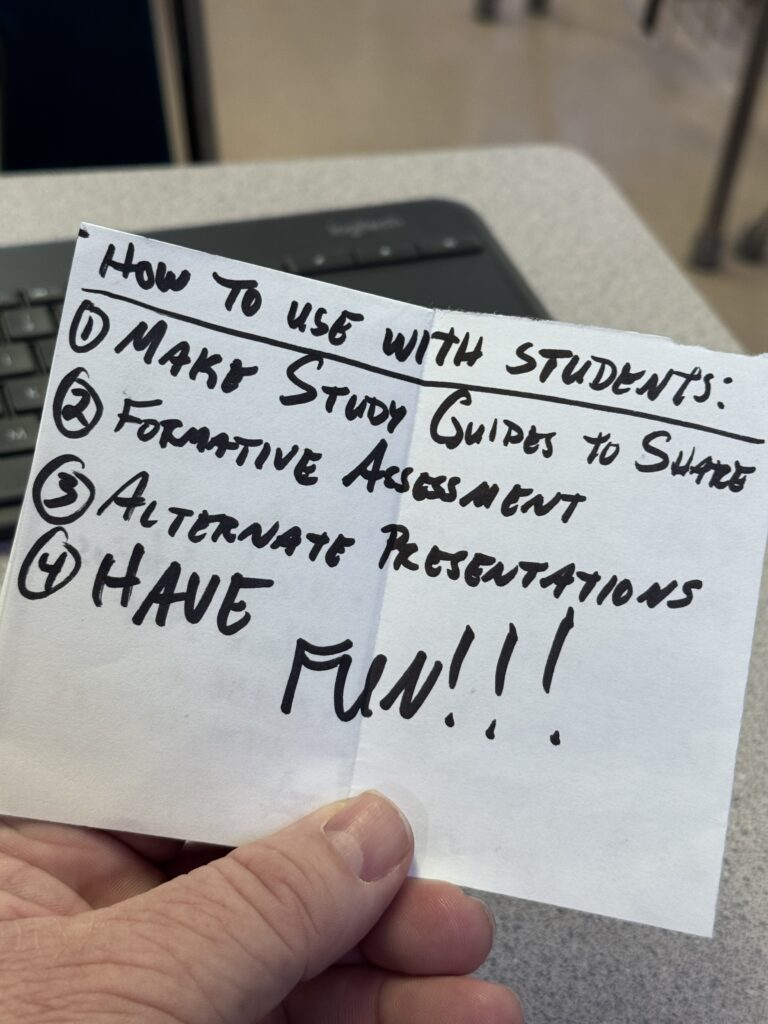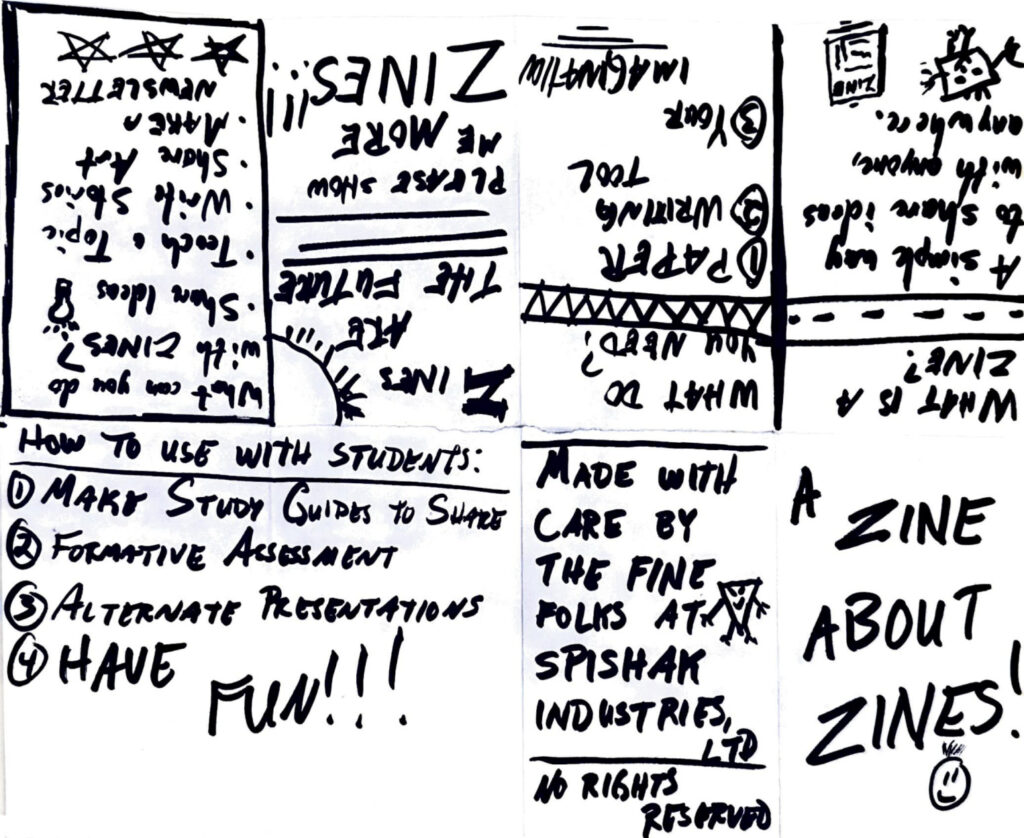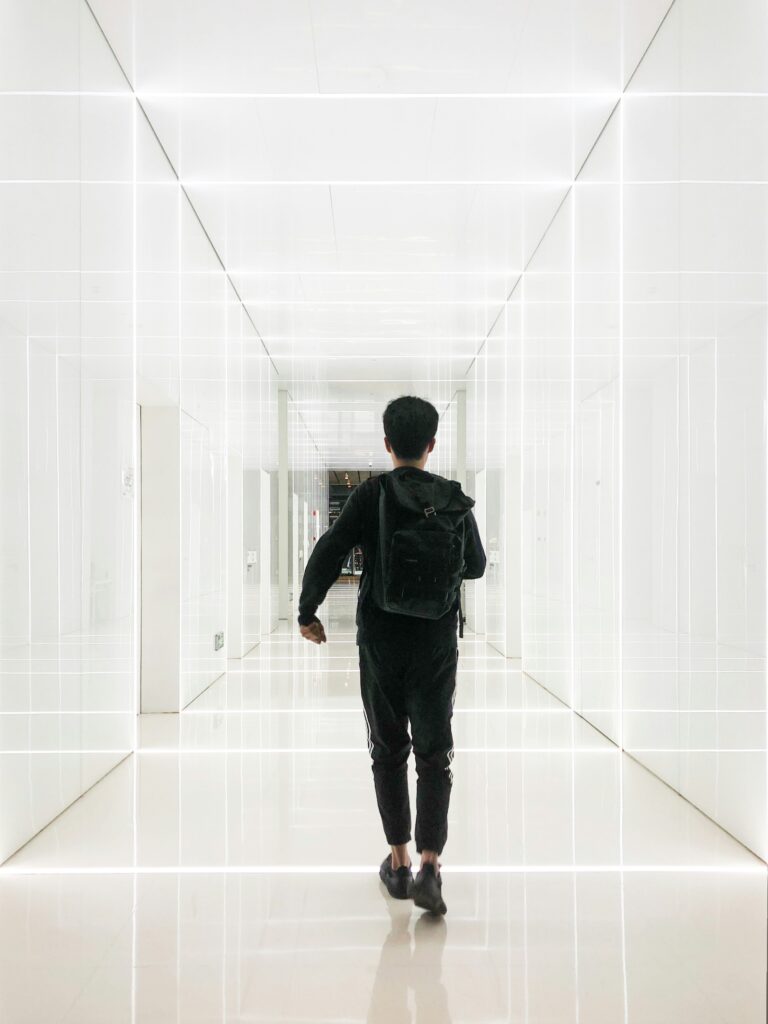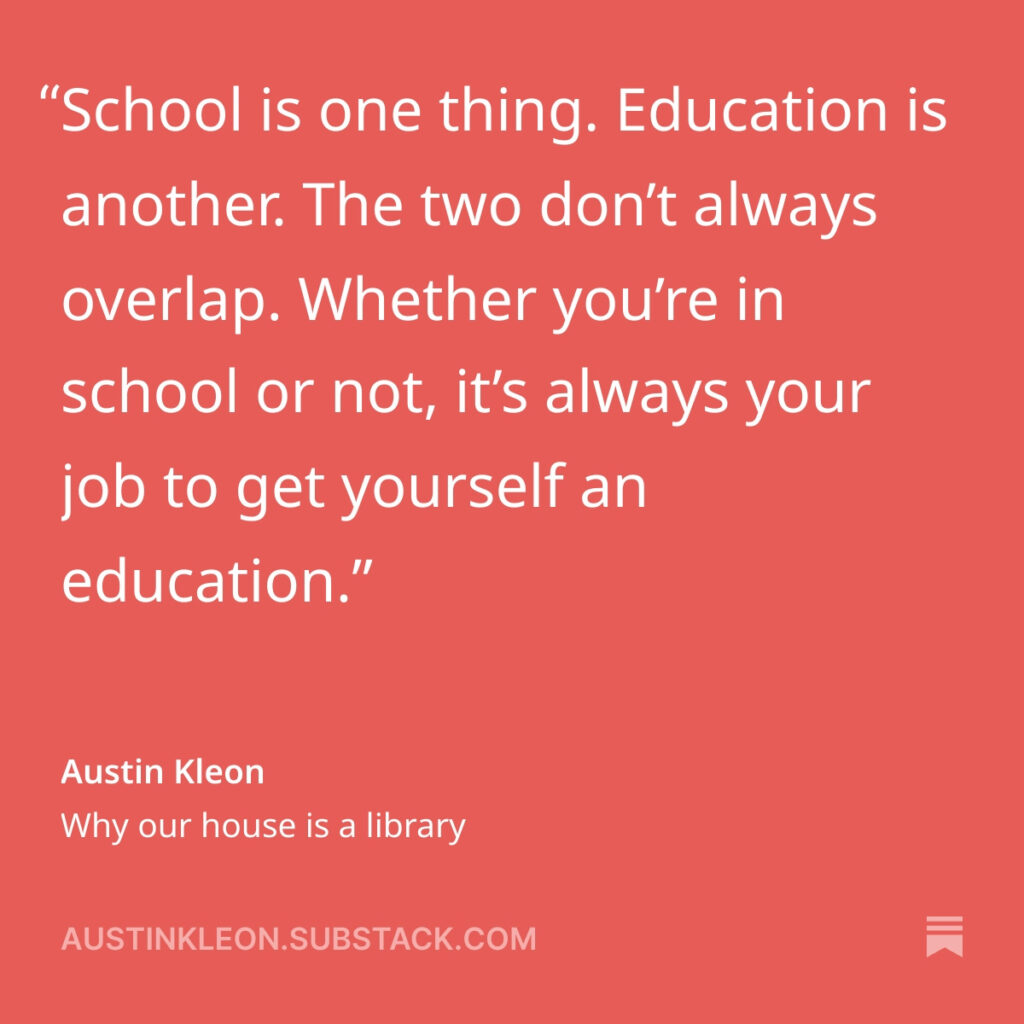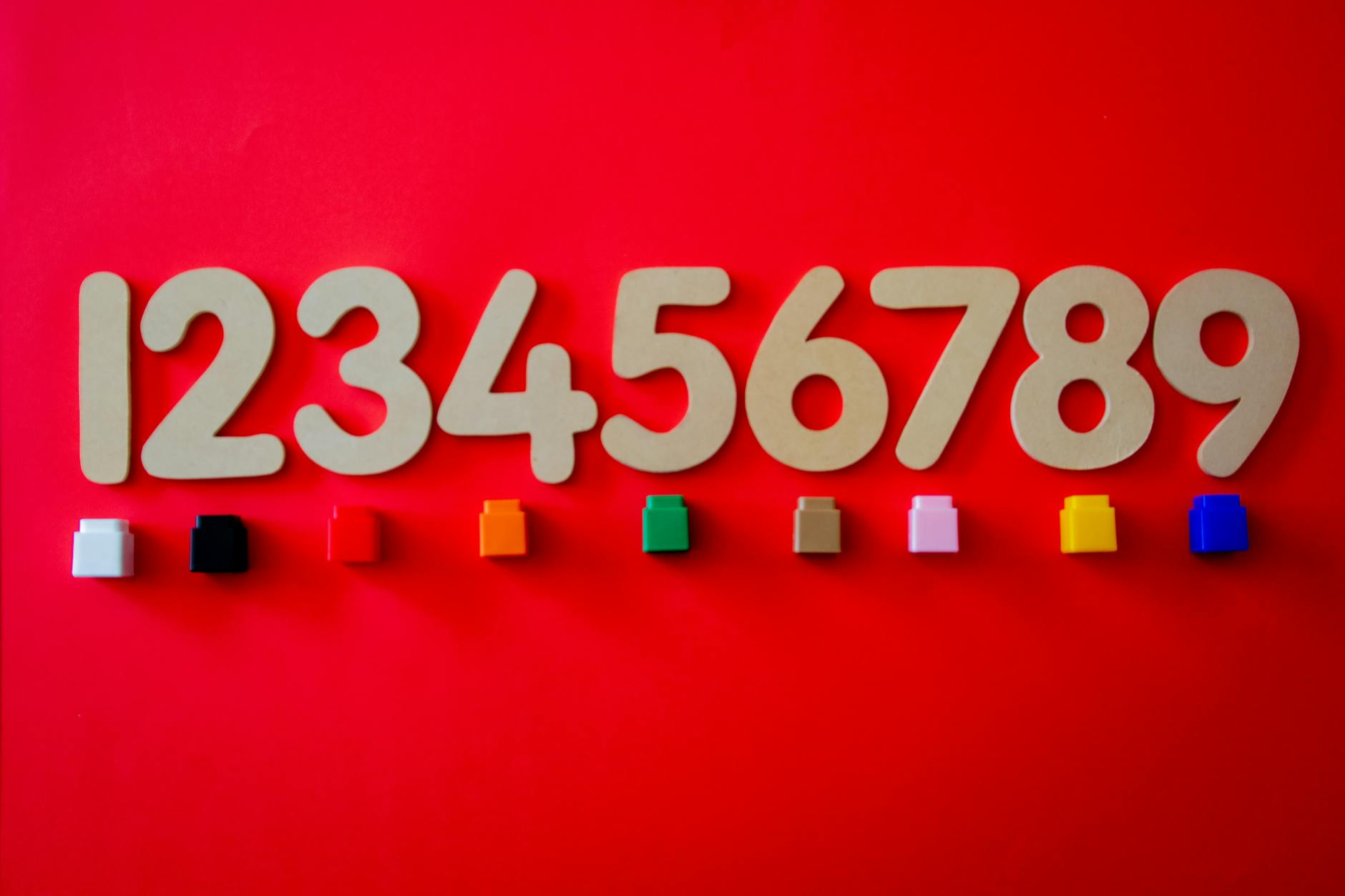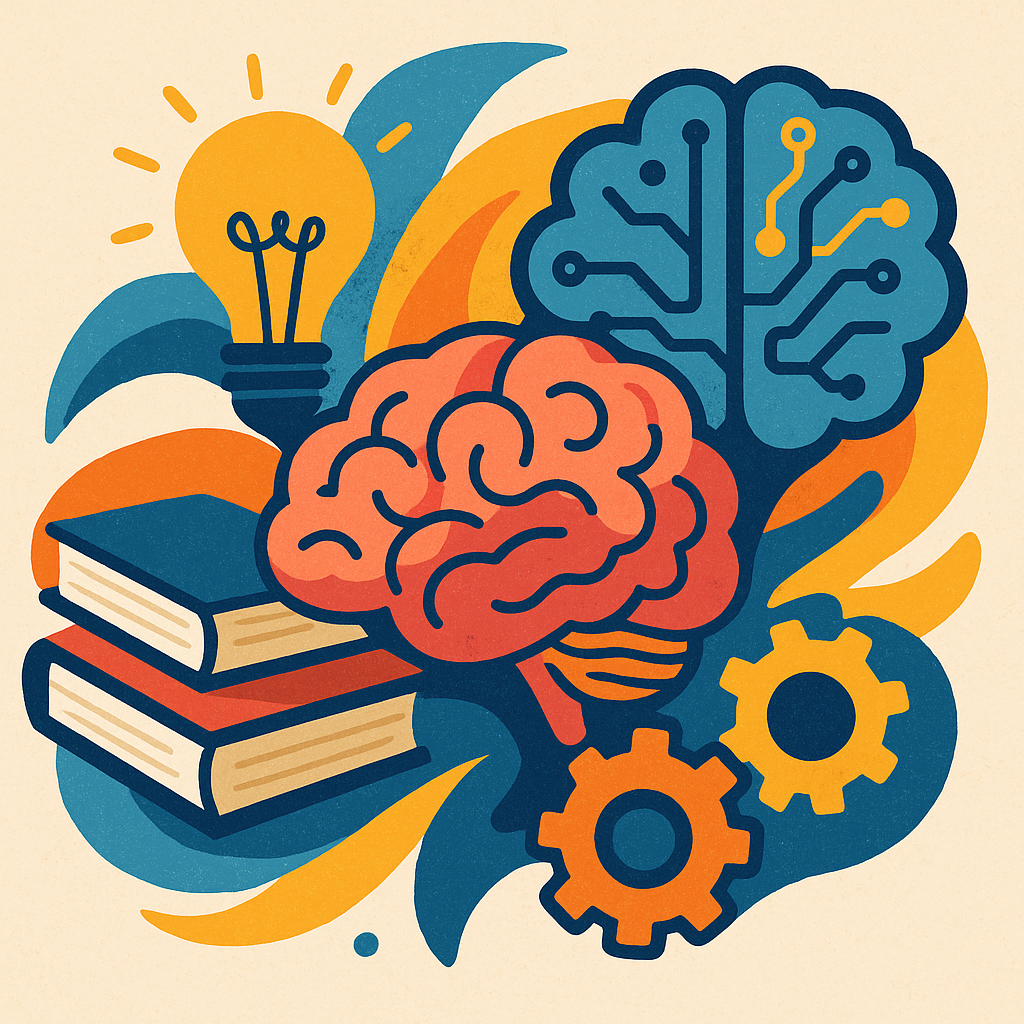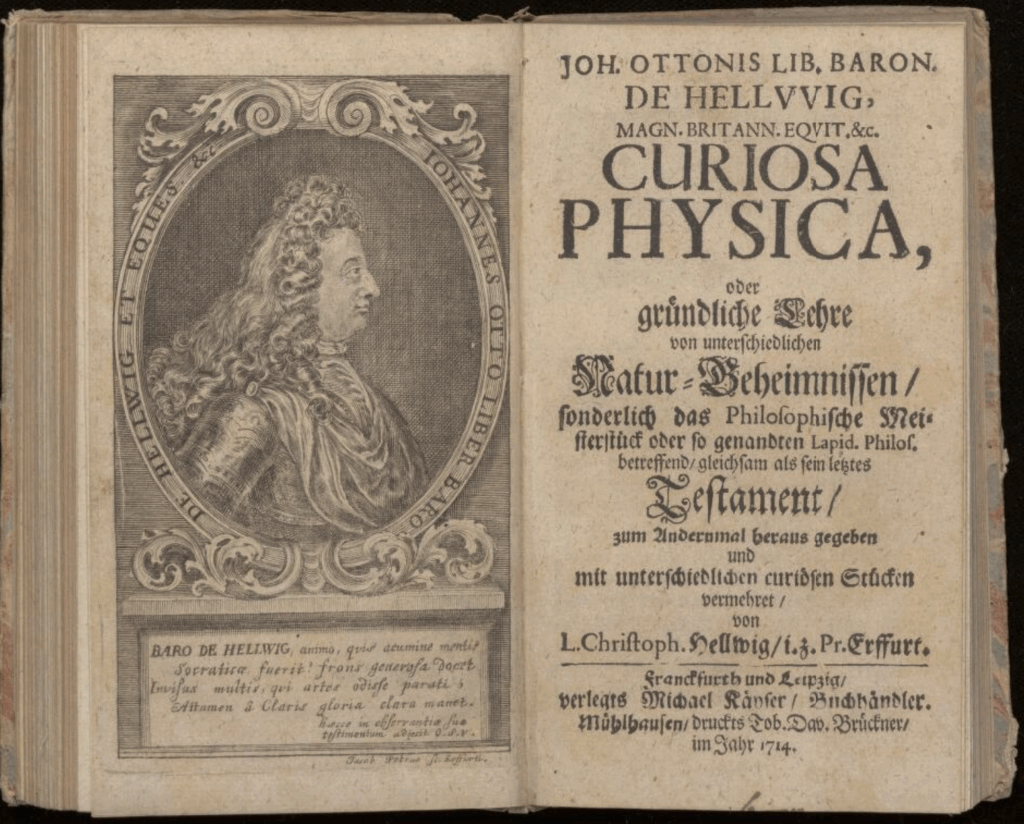David Wiley is experimenting with what he calls “generative textbooks” — a mashup of OER (open educational resources) and generative AI. His core idea is:
What if anyone who can create an open textbook could also create an AI-powered, interactive learning tool without writing code?
From Open Content to Open AI-Driven Learning
For decades, Wiley has championed open education resources (OER)—teaching and learning materials freely available to adapt and share under open licenses like Creative Commons. With generative AI now in the mix, Wiley sees a unique opportunity to merge the participatory spirit of OER with the dynamic adaptability of language models.
The result? A new kind of learning tool that feels less like a dusty PDF and more like a responsive learning app—crafted by educators, powered by AI, and free for students to use.
The Anatomy of a Generative Textbook
Wiley’s prototype isn’t just a fancy textbook—it’s a modular, no-code authoring system for AI-powered learning. Here’s how it works:
- Learning Objectives: Short, focused statements about what learners should master.
- Topic Summaries: Context-rich summaries intended for the AI—not students—to ground the model’s responses in accuracy.
- Activities: Learning interactions like flashcards, quizzes, or explanations.
- Book-Level Prompt Stub: A template that sets tone, personality, response format (e.g., Markdown), and overall voice.
To build a generative textbook with ten chapters, an author creates:
- One book-level prompt stub
- Ten learning objectives (one per chapter)
- Ten concise topic summaries
- Various activity templates aligned with each chapter
A student then picks a topic and an activity. The system stitches together the right bits into a prompt and feeds it to a language model—generating a live, tailored learning activity.
Open Source, Open Models, Open Access
True to his roots, Wiley made the tool open source and prioritized support for open-weight models—AI models whose architectures and weights are freely available. His prototype initially sent prompts to a model hosted via the Groq API, making it easy to swap in different open models—or even ones students host locally.
Yet here’s the catch: even open models cost money to operate via API. And according to Wiley, most educators he consulted were less concerned with “open” and more with “free for students.”
A Clever—and Simple—Solution
Wiley’s creative workaround: instead of pushing the AI prompt through the API, the tool now simply copies the student’s prompt to their clipboard and directs them to whatever AI interface they prefer (e.g., ChatGPT, Gemini, a school-supported model). Students just paste and run it themselves.
There’s elegance in that simplicity:
- No cost per token—students use models they already have access to.
- Quality-first—they can choose the best proprietary models, not just open ones.
- Flexibility—works with institution-licensed models or free-tier access.
Of course, there are trade-offs:
- The experience feels disjointed (copy/paste instead of seamless).
- Analytics and usage data are much harder to capture.
- Learners’ privacy depends on the model they pick—schools and developers can’t guarantee it.
A Prototype, Not a Finished Product
Wiley is clear: this is a tech demonstration, not a polished learning platform. The real magic comes from well-crafted inputs—clear objectives, accurate summaries, and effective activities. Garbage in, garbage out, especially with generative AI.
As it stands, generative textbooks aren’t ready to replace traditional textbooks—but they can serve as innovative supplements, offering dynamic learning experiences beyond static content.
The Bigger Picture: Where OER Meets GenAI
Wiley’s vision reflects a deeper shift in education: blending open pedagogy with responsive AI-driven learning. It’s not just about access; it’s about giving educators and learners the ability to co-create, remix, and personalize knowledge in real time.
Broader research echoes this trend: scholars explore how generative AI can support the co-creation, updating, and customizing of learning materials while urging care around authenticity and synthesis.
Related Innovations in Open AI for Education
- VTutor: An open-source SDK that brings animated AI agents to life with real-time feedback and expressive avatars—promising deeper human-AI interaction.
- AI-University (AI‑U): A framework that fine-tunes open-source LLMs using lecture videos, notes, and textbooks, offering tailored course alignment and traceable output to learning materials.
- GAIDE: A toolkit that empowers educators to use generative AI for curriculum development, grounded in pedagogical theory and aimed at improving content quality and educator efficiency.
Final Thoughts
David Wiley’s generative textbooks project is less about launching a product and more about launching possibilities. It’s a thought experiment turned demonstration: what if creating powerful, AI-powered learning experiences were as easy as drafting a few sentences?
In this vision:
- Educators become prompt architects.
- Students become active participants, selecting how they engage.
- Learning becomes dynamic, authorable, and—critically—free to access.
That’s the open promise of generative textbooks. It may be rough around the edges now, but the implication is bold: a future where learning tools evolve with educators and learners—rather than being fixed in print.
Bonus reading & resources:
The Eclectic Educator is a free resource for everyone passionate about education and creativity. If you enjoy the content and want to support the newsletter, consider becoming a paid subscriber. Your support helps keep the insights and inspiration coming!

